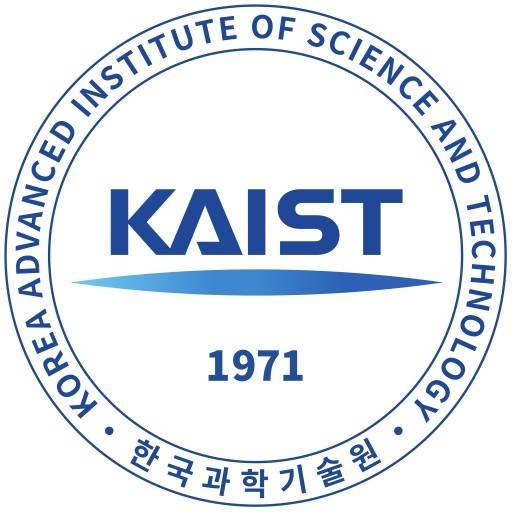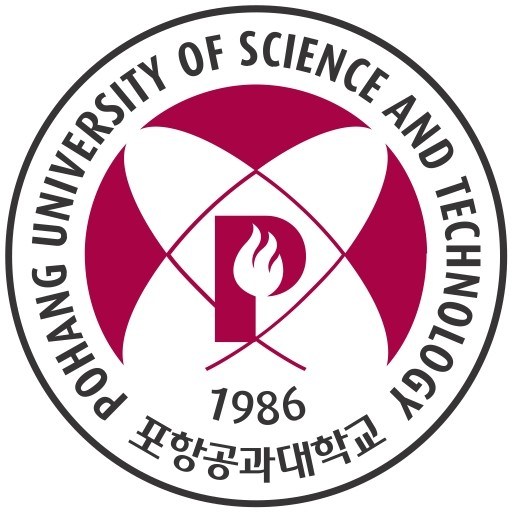Photos of university / #official_kaist
The Mathematics program at Korea Advanced Institute of Science and Technology (KAIST) offers a comprehensive curriculum designed to cultivate students' deep understanding of fundamental mathematical principles and their applications across various scientific and engineering disciplines. This undergraduate program aims to develop analytical thinking, problem-solving skills, and quantitative reasoning abilities essential for innovative research and industry challenges. Students in this program are exposed to a broad range of mathematical fields, including pure mathematics such as algebra, calculus, topology, and mathematical logic, as well as applied mathematics like numerical analysis, optimization, differential equations, and mathematical modeling.
The program emphasizes a rigorous academic environment with opportunities for research, collaboration, and interdisciplinary projects. Students are encouraged to engage in seminars, workshops, and research internships that provide practical experience and foster creativity. The curriculum is periodically reviewed to incorporate emerging areas such as data science, computational mathematics, and mathematical finance, reflecting the dynamic nature of the field and industry demands. Faculty members are distinguished researchers and educators committed to mentoring students and fostering academic excellence.
Graduates of the Mathematics program at KAIST are well-equipped to pursue advanced studies or careers in academia, industry, finance, data analysis, cybersecurity, artificial intelligence, and more. The program's structure supports both theoretical foundations and practical skills, ensuring students are prepared to contribute to technological advancements and scientific discovery. Overall, the Mathematics program at KAIST provides a rigorous, innovative, and versatile education that nurtures the next generation of mathematicians, scientists, and engineers.
Mandatory General Courses
- Probability and Statistics
Elective Courses
- Analysis for Engineers
- Functional Analysis for Engineers
- Algebra for Engineers
- Applied Matrix Computation
- Number Theory
- Algebra I
- Algebra II
- Differential Geometry
- Differential Topology
- Algebraic Topology I
- Algebraic Topology II
- Real Analysis
- Complex Function Theory
- Wavelets and Applications
- Approximation Theory
- Symbolic Dynamics
- Probability Theory
- Queueing Theory with Applications
- Advanced Statistics
- Time Series Analysis
- Theory and Application of Machine Learning
- Methods of Applied Mathematics
- Numerical Analysis
- Stochastic Methods in Financial Mathematics
- Combinatorics
- Recent Progress in Applied Mathematics
- Topics in Mathematics I
- Topics in Mathematics II
- Algebraic Geometry I
- Algebraic Geometry II
- Lie Algebra
- Lie Groups
- Riemannian Geometry
- Symplectic Geometry
- Complex Geometry
- Geometric Topology
- Homotopy Theory
- Harmonic Analysis
- Functional Analysis
- Generalized Functions
- Partial Differential Equations
- Nonlinear Differential Equations
- Ordinary Differential Equations
- Stochastic Differential Equations
- Stochastic Processes
- Graphic Models in Statistics
- Multivariate Statistical Analysis
- Computational Models of Neural Networks
- Numerical Fluid Mechanics
- Mathematical Fluid Mechanics
- Numerical Partial Differential Equations
- High Speed Computation
- Computational Methods in Financial Mathematics
- Representation Theory
- Cryptology and Coding Theory
- Algebraic Number Theory
- Knot Theory
- Transformation Group Theory
- Ergodic Theory
- Mathematical Methods for Mechanics
- Finite Element Method
- Statistical Methods in Financial Mathematics
- Topics in Mathematics
- Topics in Mathematics I
- Topics in Mathematics II
Research
- PhD Thesis
- PhD Seminar
Requirements
- Application Form
- Statement of Financial Resources
- Letters of Recommendation
- Degree/Diploma
- Transcripts
- English Proficiency Test Reports (EPT)
TOEFL (PBT 560, CBT 220, IBT 83), IELTS 6.5, TEPS 599, TOEIC 720 or higher - Curriculum Vitae
- List of Honors and Awards
- Employment Certificate
- School Profile/Credit Rating System
- The application fee is KRW 80,000 or USD 80. Payment can be made by credit card or bank transfer after writing application form online. Please note that application fee is non-refundable and you cannot modify application form once you pay the application fee.
Scholarships
- KAIST International Student Scholarship
- Korean Government Scholarship (KGSP)
- Russian Government Scholarship – Global Education Program (GEP)
The Department of Mathematics at the Korea Advanced Institute of Science and Technology (KAIST) offers a comprehensive undergraduate program designed to provide students with a solid foundation in both pure and applied mathematics. The curriculum emphasizes fundamental mathematical theories, computational techniques, and their applications to real-world problems across various scientific and engineering disciplines. Students have opportunities to engage in cutting-edge research projects, collaborate with faculty on innovative mathematical developments, and participate in interdisciplinary initiatives that highlight the role of mathematics in advancing technology and science. The program also prepares students for careers in academia, industry, and government agencies by fostering critical thinking, problem-solving skills, and quantitative analysis capabilities. With state-of-the-art facilities and a faculty comprising renowned mathematicians, KAIST's Mathematics program aims to cultivate highly skilled professionals equipped to contribute to technological innovations and scientific discoveries. Students can choose specialized tracks such as pure mathematics, applied mathematics, computational mathematics, or data science to tailor their education according to their interests and career goals. In addition, the university encourages international collaboration and offers various exchange programs to provide global perspectives and foster a diverse academic community. The department's mission is to advance mathematical knowledge and foster talented individuals who can apply mathematical principles creatively to address complex challenges in society. Graduates of the program are well-prepared for graduate studies, research careers, or roles in industry that require advanced mathematical expertise. Overall, KAIST's Mathematics program combines rigorous academic coursework, research opportunities, and practical applications, making it a leading choice for students aspiring to excel in the field of mathematics.


